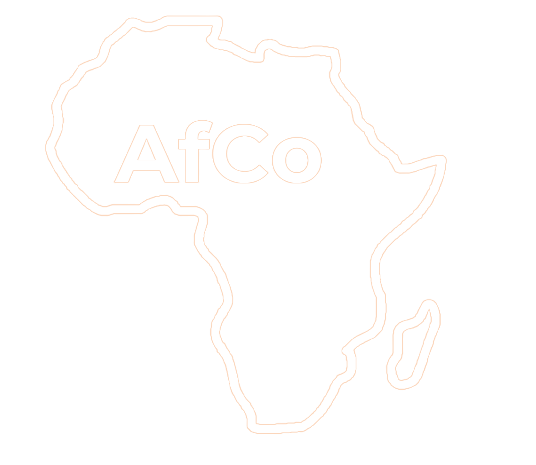An Outline of Senegalese Forestry Policies in the Design of Institutional Regulation of the Fuelwood Industry
In Senegal, the exploitation of communal forests for fuel wood production (wood and charcoal) more than ever raises the problem of institutional structure, as well as of the economic, regulatory, and technical tools required for the socially and ecologically sustainable management of the resource. What specifically characterizes fuel wood production in Senegal is the oligopolistic power of traditional private operators on the charcoal market. The decentralization policy imposes conditions and management rules by devolving management responsibility and authority to the rural communities. This includes detailed forest management plans that make allowance for areas specifically designated for gathering of fuel wood. This move toward decentralization had an impact on production practices by placing pressure on the relationships between traditional private operators, rural communities, villagers, and the forestry service. By outlining the policies used to regulate firewood production in Senegal, this paper will present the social dynamics between actors (private, public and community) and the role of the State in the effort to regulate the sector. Secondly, we examine the technical and environmental arguments for these decentralization policies, as much in terms of their implementation as their political rationale.
